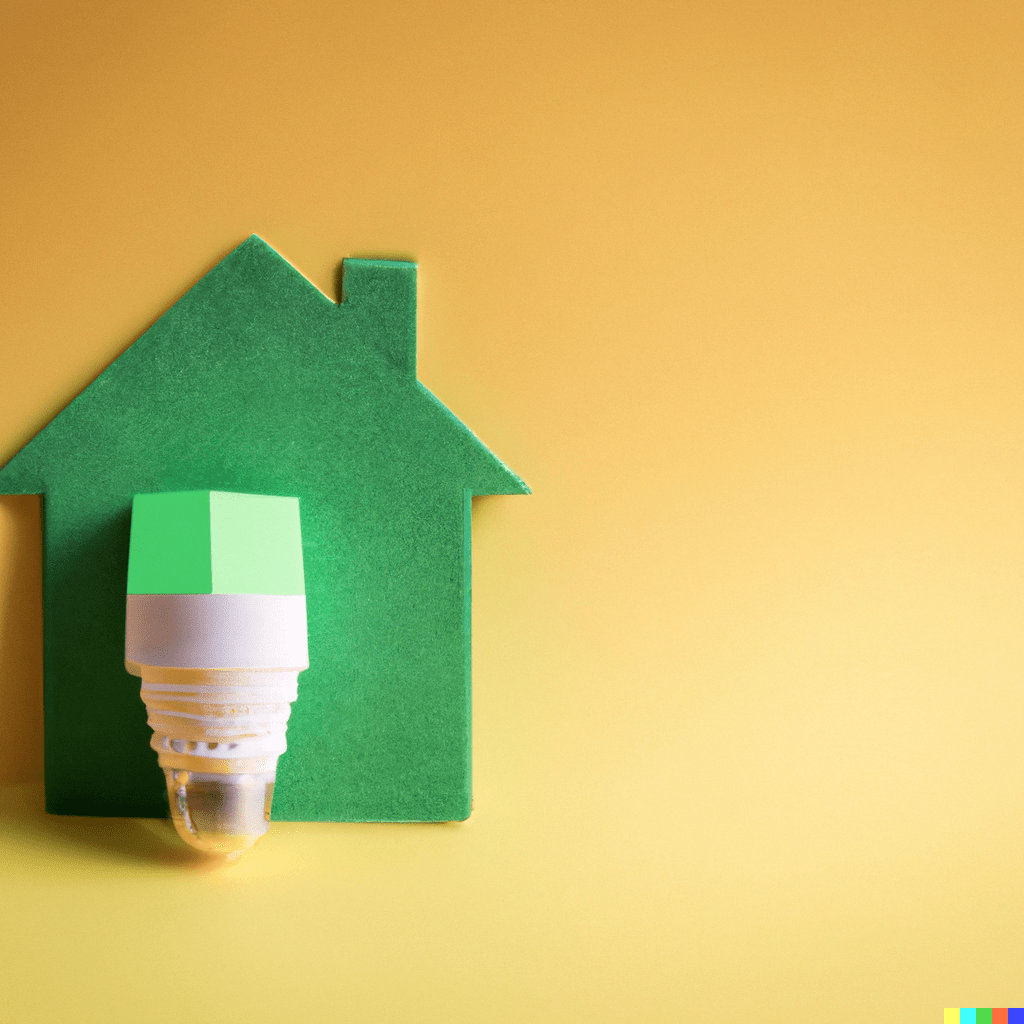Easy Tips for Conserving Energy at Home and Work

Energy conservation is becoming an increasingly important topic as we strive to reduce our impact on the environment and save money on our energy bills. By conserving energy, we can reduce our carbon footprint, lower our energy costs, and help to create a more sustainable future. In this article, we will discuss some simple steps that you can take to conserve energy in your home or workplace.
- Turn off lights and electronics when not in use
One of the easiest ways to conserve energy is to turn off lights and electronics when they are not in use. This includes turning off the lights when you leave a room, unplugging electronics when they are not in use, and using power strips to turn off multiple devices at once.
Replacing traditional incandescent light bulbs with energy-efficient LED bulbs can save a significant amount of energy and money over time. LED bulbs use less energy, last longer, and produce less heat than traditional bulbs.
- Seal air leaks
Air leaks in your home or workplace can cause heating and cooling systems to work harder than necessary, leading to wasted energy and higher energy bills. Sealing air leaks with caulking or weatherstripping can help to conserve energy and make your home or workplace more comfortable.
- Use a programmable thermostat
A programmable thermostat allows you to adjust the temperature of your home or workplace based on your schedule. This means you can lower the temperature when you are not home or during the night, which can save energy and reduce your energy bills.
- Use energy-efficient appliances
When shopping for appliances, look for energy-efficient models that use less energy than traditional models. Energy-efficient appliances can help to conserve energy and save money on your energy bills over time.
Reducing water usage can also help to conserve energy, as water heaters use energy to heat water. Simple steps such as taking shorter showers, fixing leaky faucets, and using a low-flow showerhead can help to reduce water usage and save energy.
- Use natural lighting
Using natural lighting instead of artificial lighting can also help to conserve energy. Opening blinds and curtains to let in natural light can help to reduce the need for artificial lighting during the day.
- Plant trees
Planting trees or installing shading devices can help to reduce the amount of direct sunlight that enters your home or workplace. This can help to keep your space cooler in the summer and reduce the need for air conditioning, which can save energy and reduce your energy bills.
- Use renewable energy sources
Using renewable energy sources such as solar or wind power can help to reduce your reliance on fossil fuels and conserve energy. While installing solar or wind power systems can be expensive, they can save money on energy bills over time and help to create a more sustainable future.
- Practice energy conservation in the workplace
Conserving energy in the workplace is just as important as conserving energy in the home. Encouraging employees to turn off lights and electronics when not in use, using energy-efficient appliances, and sealing air leaks can help to conserve energy and save money on energy bills.
In conclusion, energy conservation is an important topic that can help to reduce our impact on the environment and save money on energy bills. By taking simple steps such as turning off lights and electronics when not in use, using energy-efficient light bulbs and appliances, and reducing water usage, we can all do our part to conserve energy and create a more sustainable future. Whether you are at home or in the workplace, there are many ways to conserve energy and make a positive impact on the environment